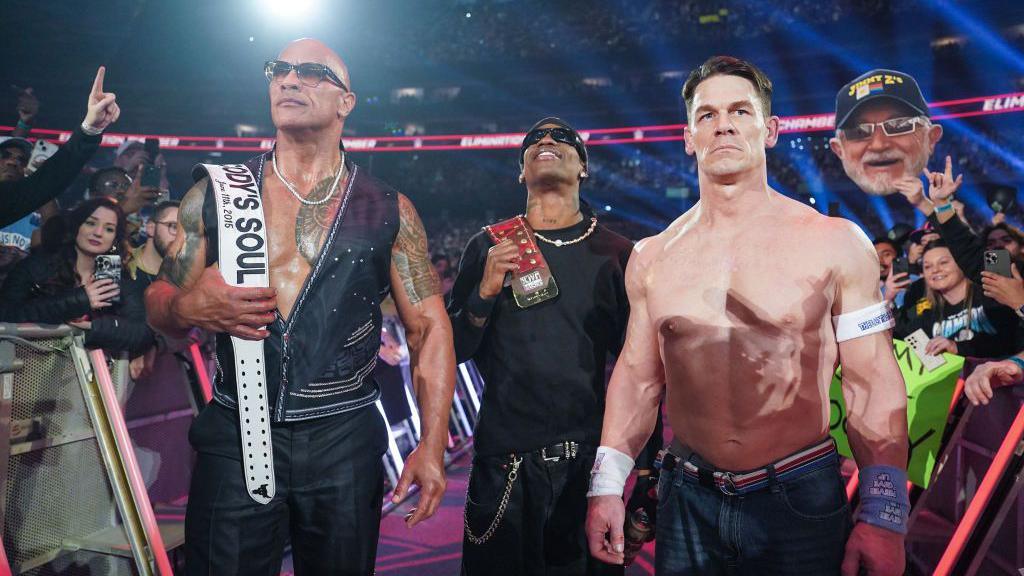Michael Wolff’s new book, Fire and Fury: Inside the Trump White House, has already caused quite a stir. In a review for the New York Times, national political correspondent Jonathan Martin writes, “Wolff is unsparing in his portrayal of Trump as an aberrant chief executive, not only detached from governance but barely literate.” Specifically, Wolff claims that members of the president’s cabinet called him “dumb as shit” and “a hopeless idiot.”
Those juicy tidbits have turned the book into a sensation: The first 150,000 copies printed sold out within days, and it is the most pirated book in recent memory. Its popularity has undoubtedly been stoked by the cease-and-desist letter Trump’s lawyers sent to the book’s author and publisher and the president’s tweets calling Wolff “a total loser who made up stories in order to sell this really boring and untruthful book.”
Videos by VICE
But there are a lot of questions about how truthful the book is. In his review, Martin noted that Fire and Fury had at least a few glaring factual inaccuracies, and many other journalists have also taken issue with individual errors. So I want to point out something that, if not exactly a mistake, is an odd turn of phrase that shows how idiosyncratic Wolff’s book is. I want to talk about “Jarvanka.”
That’s how Wolff refers to power couple Ivanka Trump and Jared Kushner on 49 occasions. “Bannon… coined the Jarvanka conflation now in ever greater use,” Wolff writes in the chapter titled “Jarvanka.”
But prior to the release of Fire and Fury, Jared and Ivanka had never been referred to as Jarvanka, but rather “Javanka,” no r. “‘Javanka’ Is the Perfect Celebrity Nickname for Our Strange Era,” a March 2017 Washingtonian headline reads. “Javanka Moved Personal Email Accounts to Trump Organization Computers,” an October 2017 Breitbart headline reports. In fact, Breitbart, which Steve Bannon was in charge of until about 20 minutes ago, has used “Javanka” to refer to Trump’s daughter and son-in-law as a collective unit up until the release of Fire and Fury.
So where did “Jarvanka” come from?
On Twitter, Jonathan Martin told me he “had the same Q” about how Javanka became Jarvanka.
“Bannon say ‘Javanka,’” one White House reporter messaged me. “Everybody in the pro-Trump orbit who I’ve heard refer to the couple as such says ‘Javanka.’ I can’t speak to every other Trump White House reporter, but I’m fairly certain ‘JARvanka’ is not canon. When I saw that in the Wolff book, I thought it was just a typo at first.”
“Bannon calls them Javanka, not Jarvanka. I maybe have heard him say Jarvanka once or twice. But it’s always Javanka, I am pretty sure. And that’s what like the Bannon contingent calls them too,” another White House reporter explained to me.
“I don’t think I’ve ever heard Jarvanka, just Javanka,” a third White House reporter said.
When I reached out to Breitbart’s White House reporter Charlie Spiering with my Ja(r)vanka inquiry, he responded with a single shrug emoji.
Still, Wolff stands by Jarvanka. “[Steve Bannon] calls them Jarvanka,” he wrote in an email to me. “I liked the sound of that better—had a kind of prehistoric beast ring, I thought. Javanka sounds a bit Scandinavian.”
That lines up with a common critique of Fire and Fury, which is that Wolff sacrificed journalistic rigor and accuracy for whatever sounded best. As New York Times White House reporter Maggie Haberman said on CNN, “[Wolff] believes in larger truths and narratives. So he creates a narrative that is notionally true, that’s conceptually true. The details are often wrong.”
Follow Eve Peyser on Twitter.
More
From VICE
-

Rick Friedman/Corbis via Getty Images -

Margaret Norton/NBCU Photo Bank/NBCUniversal via Getty Images -

WWE via Getty Images -

Lexie Moreland/WWD via Getty Images
